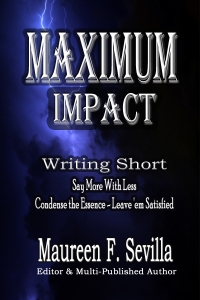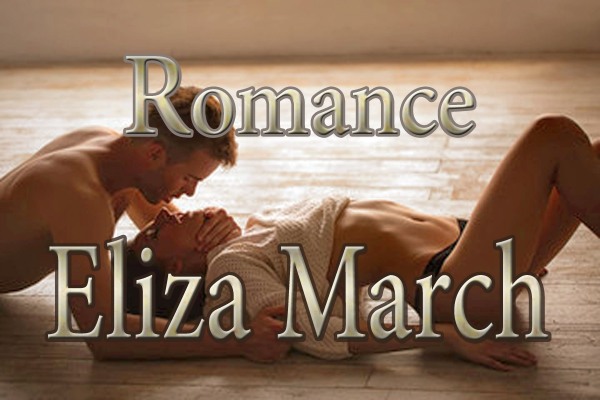Have you met your goals? What do you do when you succeed? Or fail? What about when you disappoint yourself? Beat yourself up for not being dependable? I have a confession… 
It’s October? OMG – How did I get here and how did I get side-tracked from my writing goals? One thing that interferes with getting my writing done is having more pressing issues that keep popping up, forcing me to re-prioritize. My family’s needs always take priority over everything else, and my uncle has decided to move into assisted living. With no children of his own, I’m trying to help him find a suitable place near his friends. It’s giving me good practice for finding out what I will want when the time comes for me and my husband. But it’s time consuming and distracting.
“Hair of the Wolf” is late. I’m beating myself up over not meeting the goal for a planned September release. The first humorous paranormal book in my As the Chair Turns series should have been released by now, but Irma showed up and blew (pun intended) that and several trees in my yard all to hell.
My house is way too large for my husband and I to maintain. We were ready to downsize and reduce the stress in our lives. Half our belongings are in boxes. We installed new flooring, new roof, and updated the kitchen and the bathrooms. There’s still more to do and, now after this hurricane season, there’s more. I also planned to put “said” home on the market last month. Real retirement is beginning to feel like an illusive dream.
Needless to say, my plans have changed. But although we had no firm plans in place for moving on, we did have a few dreams; so now, frustration is setting in.
Since I’m not wealthy enough for my writing income to take precedence over my other sources for paying the mortgage and bills … such as emergency hurricane preparedness and cleanup, I need an alternative vision. I edit part time, mentor/coach part time, work as a hairdresser part time, and then write. So writing comes last, and money that I’d like to spend for promotion and advertising is being gobbled up in daily living expenses. I am not the only author suffering from this dilemma.
What I’ve decided to do is stop setting “firm” goals for my release dates and avoid the guilt. I have at least eight books in progress at this time, and because I value good story and character development above churning out crap, I am taking a step back.
One of the observations I’d like to make for writers is that you should set your own pace. Yes, the authors who are releasing quickly and often are having success, but don’t sell your work short. Don’t self criticize because you take more time to tell the story the way you want to. Do it your way in your own time.
The self-publishing market makes it difficult to rise above the algorithms, keywords, and massive numbers of releases daily. What I see are opportunists, sharks feeding on minnows, finding a way to make more money for themselves without a care to the quality of what they turn out or how they affect the market in general.
Are we dumbing-down literacy? Yes. And genre fiction. The Chicago Manual of Style reviews editing rules about once a year because colloquial language and needs within the US are changing with the speed of social networking. There are age-gapped and style changes taking place every day. English, in all its forms, has different rules around the world, but in addition to that, I believe, fiction in (American) English is being swamped by books published with little, no, or unprofessional editing. The results are chilling.
Incorrect uses of tense, words, phrases in books and TV, social media, and radio infiltrates our daily experience. Which came first? Does it matter? The results are the same. Confusion and inconsistencies. Authors who discard the rules and, through advertising and promotion, convince readers it doesn’t matter.
To each her/his own. I can’t live with “incorrect” or inconsistencies in my books. And believe me they have them. But I strive to improve with each book I write, because, as in all art, fiction and novels are a personal matter of taste. Correct language, grammar, and punctuation is not. Dialogue can be true to form, narrative can not. An author can maintain her or his voice without compromising quality editing.
Be careful when comparing your goals, needs, and successes with other peoples’. Be good to yourself. Enjoy the journey no matter where it takes you.













